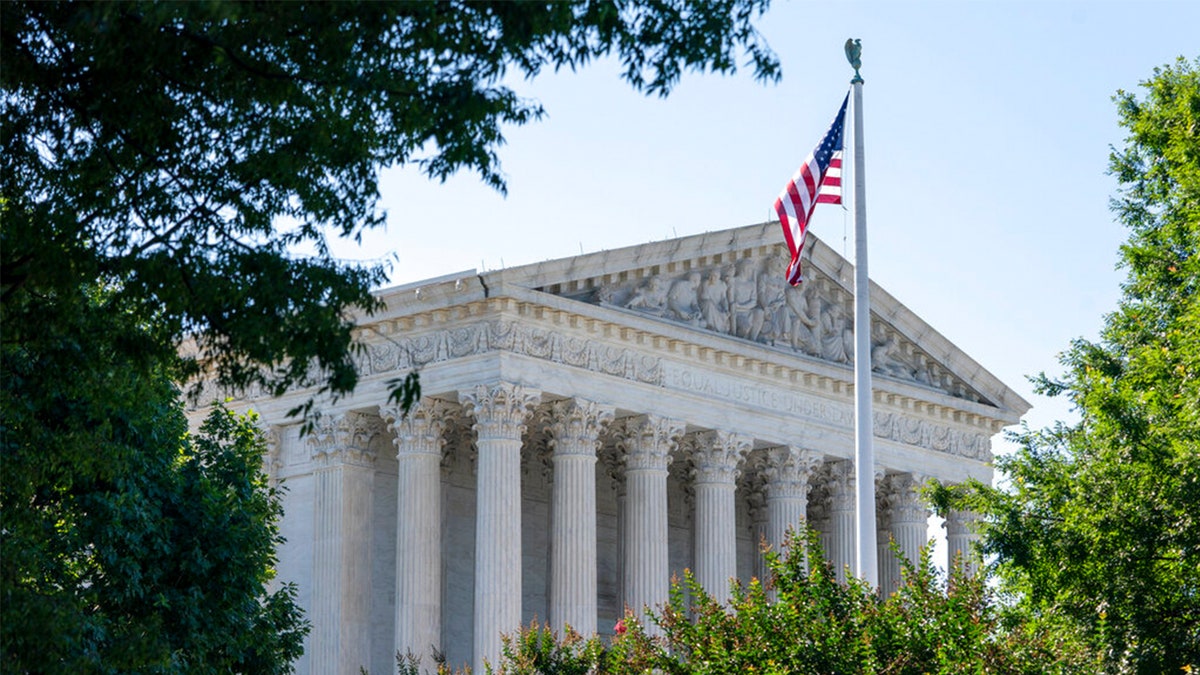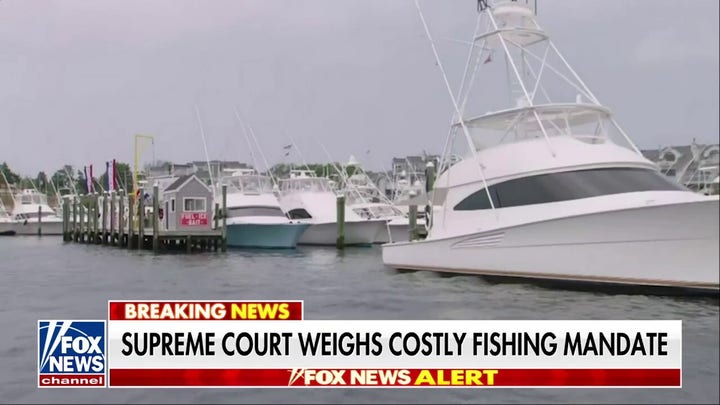The Supreme Court on Friday ruled in favor a group of fishermen who challenged a decades-old legal doctrine that they say gave the administrative state too much power over their business.
In a 6-2 ruling where Justice Ketanji Brown Jackson did not participate, the Court’s majority said the federal rule promulgated by National Oceanic and Atmospheric Administration (NOAA) requiring the fishermen to pay $700 a day for an “at-sea monitor” is out of the bounds Congress set for the federal agency.
The justices in January heard the arguments of two cases stemming from lawsuits brought by New Jersey fishermen and herring fishermen from Rhode Island challenging NOAA’s rule they say threatened to ruin their livelihoods.
The Court’s decision reels in what’s known as the Chevron doctrine — a legal theory established in the 1980s that says if a federal regulation is challenged, the courts should defer to the agency’s interpretation of whether Congress granted them authority to issue the rule, as long as the agency’s interpretation is reasonable and Congress did not address the question directly.
SUPREME COURT APPEARS READY TO REEL IN ADMINISTRATIVE STATE IN LANDMARK CHALLENGE FROM EAST COAST FISHERMEN

The Supreme Court is seen on Wednesday, June 29, 2022, in Washington. (AP Photo/Jacquelyn Martin)
“How do we determine how much deference is too much deference?” asked Justice Clarence Thomas in the roughly four-hour-long arguments earlier this year. “How do we know where the line is?”
Justices Neil Gorsuch and Brett Kavanaugh appeared the most skeptical of the Justice Department’s counterarguments to let Chevron stand, with Gorsuch at one point questioning Chevron’s “disparate impact” on classes of people who have “no power to influence agencies.”
SUPREME COURT SIGNALS INTEREST IN HEARING A MAJOR CLIMATE CHANGE CASE THAT COULD BE A ‘NIGHTMARE’ FOR LIBERALS

“The cases I saw routinely on the courts of appeals—and I think this is what niggles at so many of the lower court judges—are the immigrant, the veteran seeking his benefits, the Social Security disability applicant, who have no power to influence agencies, who will never capture them, and whose interests are not the sorts of things on which people vote, generally speaking,” stated Gorsuch.
“[I] didn’t see a case cited, and perhaps I missed one, where Chevron wound up benefiting those kinds of peoples. And it seems to me that it’s arguable—and certainly the other side makes this argument powerfully—that Chevron has this disparate impact on different classes of persons,” he said.
CLICK HERE TO GET THE FOX NEWS APP
Gorsuch called Chevron a “recipe for instability.”
This is a developing story. Check back for updates.
